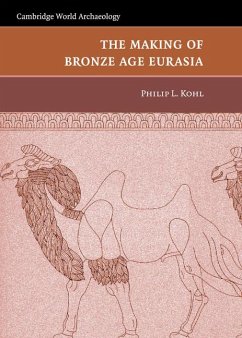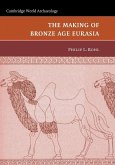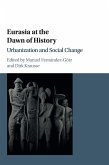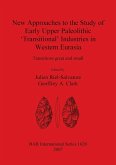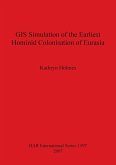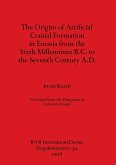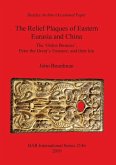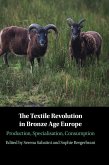A rich overview of Bronze Age societies of western Eurasia through an investigation of the archaeological record.
This book provides an overview of Bronze Age societies of western Eurasia through an investigation of the archaeological record. Philip Kohl outlines the long-term processes and patterns of interaction that link these groups together in a shared historical trajectory of development. Interactions took the form of the exchange of raw materials and finished goods, the spread and sharing of technologies, and the movements of peoples from one region to another. Kohl reconstructs economic activities from subsistence practices to the production and exchange of metals and other materials. Kohl also argues forcefully that the main task of the archaeologist should be to write culture-history on a spatially and temporally grand scale in an effort to detect large, macro-historical process of interaction and shared development.
Table of contents:
1. Archaeological theory and archaeological evidence; 2. The chalcolithic prelude: from social hierarchies and giant settlements to the emergence of mobile economies, c. 4500(?)1;3500 BC; 3. The caucasus - donor and recipient of materials, technologies, and peoples to and from the ancient Near East; 4. Taming the steppe - the development of mobile economies: from cattle herders with wagons to horseback riders tending mixed herds: the continued eastward expansion of large-scale metallurgical production and change; 5. Entering a sown world of irrigation - from the steppes to central Asia and beyond: processes of movement, assimilation and transformation into the 'civilized' world east of Sumer; 6. The circulation of peoples.
Hinweis: Dieser Artikel kann nur an eine deutsche Lieferadresse ausgeliefert werden.
This book provides an overview of Bronze Age societies of western Eurasia through an investigation of the archaeological record. Philip Kohl outlines the long-term processes and patterns of interaction that link these groups together in a shared historical trajectory of development. Interactions took the form of the exchange of raw materials and finished goods, the spread and sharing of technologies, and the movements of peoples from one region to another. Kohl reconstructs economic activities from subsistence practices to the production and exchange of metals and other materials. Kohl also argues forcefully that the main task of the archaeologist should be to write culture-history on a spatially and temporally grand scale in an effort to detect large, macro-historical process of interaction and shared development.
Table of contents:
1. Archaeological theory and archaeological evidence; 2. The chalcolithic prelude: from social hierarchies and giant settlements to the emergence of mobile economies, c. 4500(?)1;3500 BC; 3. The caucasus - donor and recipient of materials, technologies, and peoples to and from the ancient Near East; 4. Taming the steppe - the development of mobile economies: from cattle herders with wagons to horseback riders tending mixed herds: the continued eastward expansion of large-scale metallurgical production and change; 5. Entering a sown world of irrigation - from the steppes to central Asia and beyond: processes of movement, assimilation and transformation into the 'civilized' world east of Sumer; 6. The circulation of peoples.
Hinweis: Dieser Artikel kann nur an eine deutsche Lieferadresse ausgeliefert werden.

